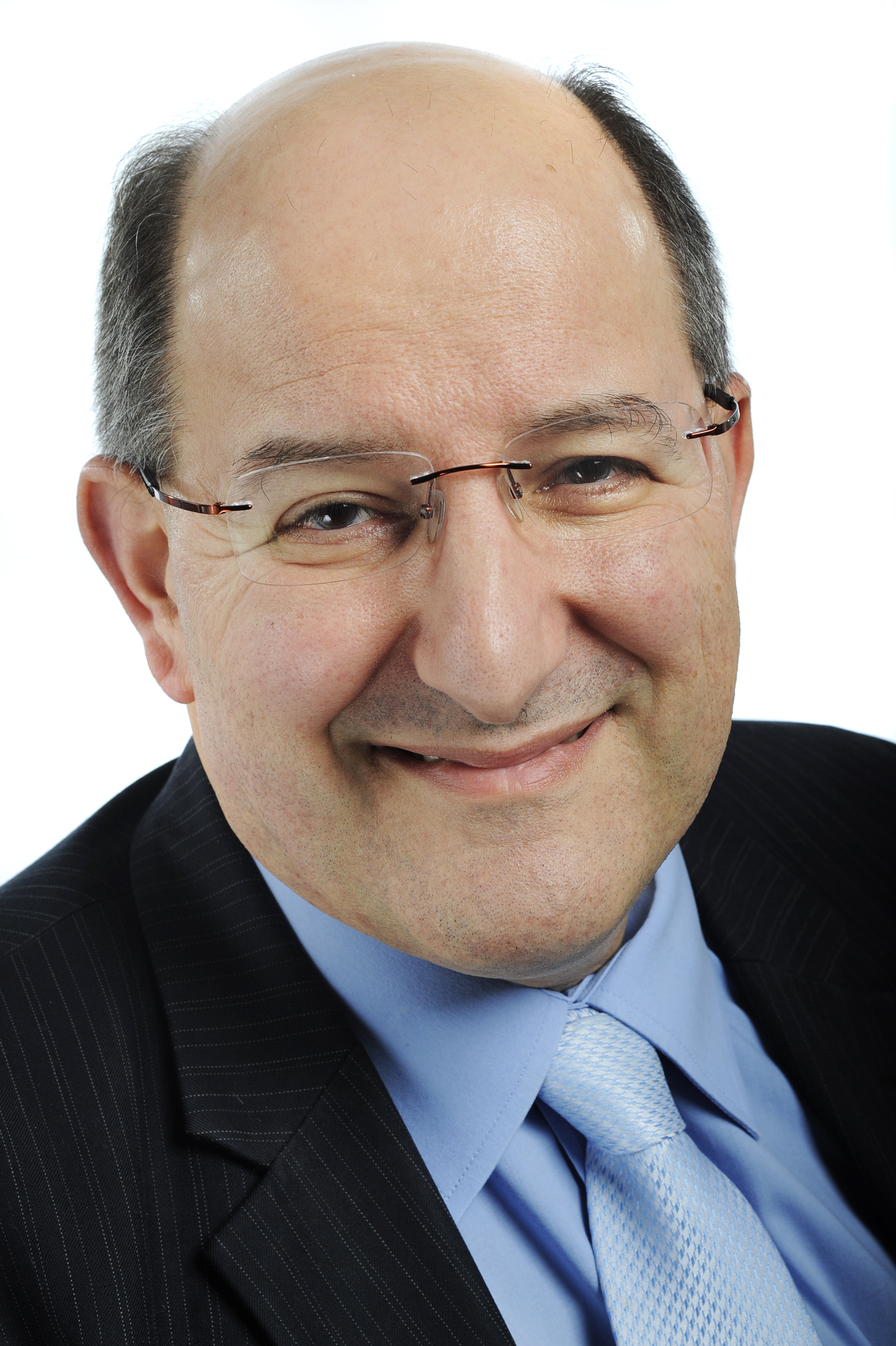News
Passing your pension to the next generation

For as long as most people can remember the sole purpose of a pension scheme was the provision of relevant benefits at retirement or on death before this.
However from April 2015 there will be another purpose of a pension scheme and that is to pass the funds down to the next generation or another nominated person. This no longer needs to be a dependant and in many cases this can be done tax free.
Until September of last year there was a tax charge payable, widely known as the ‘death tax’, on the death of a pensioner of 55 per cent. This applied if you were in drawdown or had a value protected annuity which returned the ‘unused pension fund’ to beneficiaries. But this all changed as part of the new pension flexibilities and was announced at the Conservative Party Conference. Chancellor George Osborne abolished the tax altogether – well almost altogether. If a pensioner dies prior to the age of 75, after 5 April 2015, any lump sum or income taken will be tax free. After 75, the lump sum could be subject to a 45 per cent tax charge and income would be taxed at an individual’s marginal rate.
Mr Osborne’s changes mean that there will no longer be a requirement to provide an income for a dependant and whoever you name as the beneficiary will no longer be required to take an income, they can take this as a cash lump sum. This isn’t restricted to just passing on once, when your beneficiary dies under the age of 75, their subsequent beneficiary can also receive tax free benefits.
Case study
John was 78 when he died and was married to Julie who was 68. John had £300,000 in a drawdown plan. If he nominated Julie to receive benefits she will be able to take a net lump sum of £165,000 or she could take income from the plan, paying tax at her marginal rate. If she took the lump sum then this would be part of her estate on her death whether aged under 75 or over, and could be hit with another 40 per cent tax charge.
If however Julie did not take a lump sum or any income from the plan, no tax would be payable. If Julie subsequently died before she was 75 her beneficiaries could receive the fund tax free.
If John had nominated his grand-children Lucy, 12, and Ben, 10, they could take tax free income equal to their personal allowances of £10,600 (2015/16) throughout their education, and then take no further income until they retire in perhaps 50 years time. Lucy and Ben might use this income to pay for their education, thereby avoiding student loans completely. If Lucy or Ben took a career break, perhaps to start a family or further their education, they could again switch on the tax free income up to their personal allowance.
Of course the key question before nominating grandchildren is can Julie afford to live without any income from John’s plan? Unlike a by-pass trust she will not be able to borrow from the fund if she needs additional income, so the pension fund should be considered as a gift. As with any gifting it can be tax efficient but it needs to be affordable.
Clearly where someone has already died and benefits not paid out yet, it will probably make sense to wait until after April this year to take account of the new rules. Regardless, it is very important that you nominate the beneficiary for the funds to ensure they go to the people you want them to or they could end up being paid to the estate and being liable for inheritance tax.